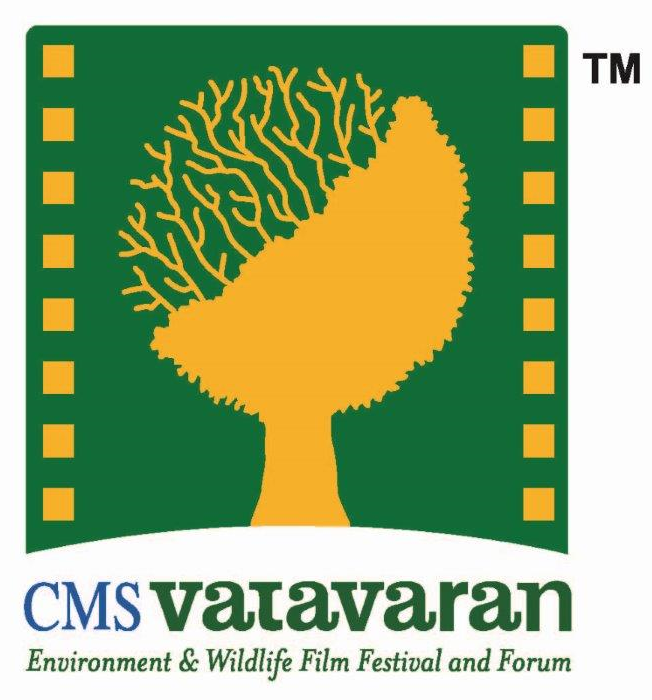
GreenFrames -Social Impact Filmmaking Workshop
The Workshop serves to highlight the urgency of Environmental and Biodiversity Conservation and demonstrate how our lifestyle decisions affect the environment. We aim to promote best practices and demonstrate how sustainable lifestyle choices can drive significant progress in environmental conservation and climate action. As the filmmaking workshop is made available free of charge, it is however required for the participants to submit a short film of duration (3 to 5 minutes) with 45 days of completion of the workshop on the topics mentioned below.
- Waste Management: Present a narrative about waste management challenges, inventive solutions, recycling and reusing strategies, or personal or community-level initiatives making a difference.
- Climate Adaptation: Focus on how communities are adapting to climate change, such as the implementation of sustainable farming or the development of climate-resilient infrastructures.
- Water Conservation: Highlight water conservation methods, their importance, or community practices that save water. Consider addressing the impact of water wastage and the importance of clean water.
- Sustainable Tourism: Showcase responsible tourism that benefits local communities and preserves the environment. Illustrate how tourists can reduce their environmental footprint.
- Biodiversity Protection: Discuss the importance of biodiversity for the planet's health. This can include showcasing the significance of individual species in ecosystems, the consequences of species loss, or successful efforts to recover species and restore habitats.
- Green Energy: Investigate the benefits and potential of renewable energy like solar, wind, or hydroelectric power. Personal or community stories related to transitioning to green energy would be valuable.
- Sustainable Living: Show how easy lifestyle changes can contribute to sustainability. This might encompass organic farming, using eco-friendly products, reducing plastic use, or embracing minimalism.
Supported By

U.S. Consulate General, Mumbai.
Curated By

CMS VATAVARAN